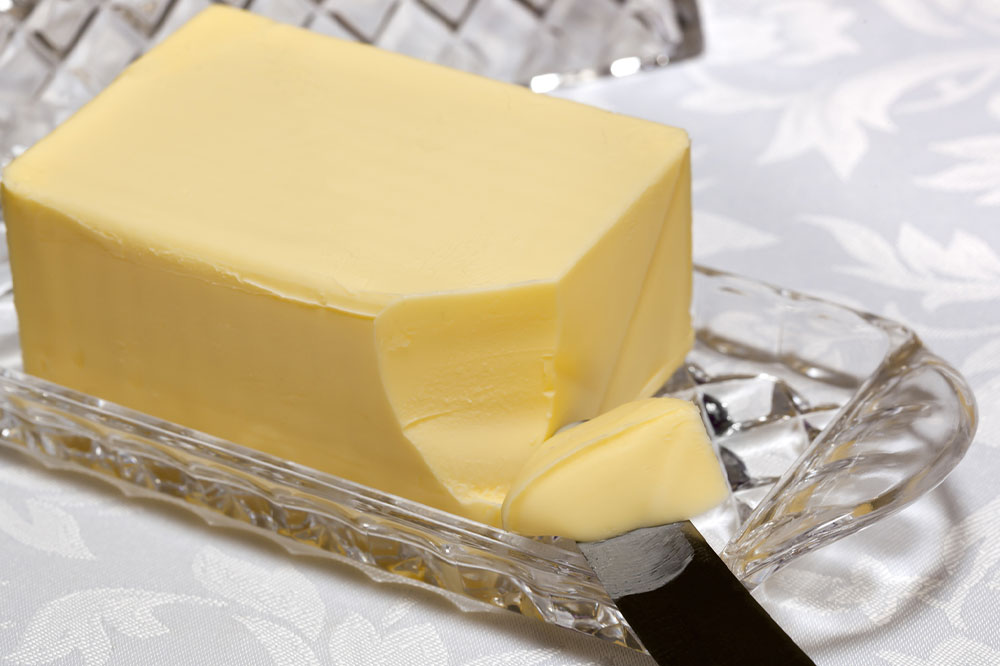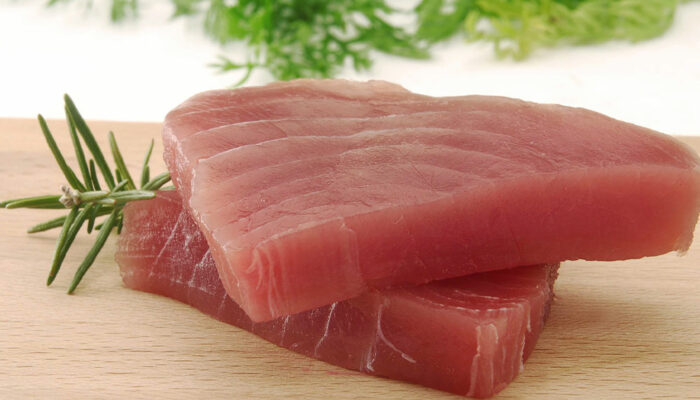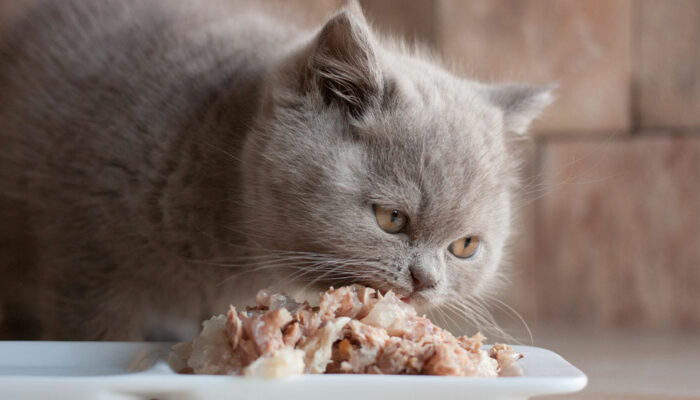8 foods to avoid when dealing with prostate cancer

Prostate cancer is curable, but certain lifestyle changes can aid the treatment process. So, it helps to make better food choices when dealing with the disease. This is especially important if one is undergoing procedures such as chemotherapy or immunotherapy that use powerful chemical agents to destroy cancer cells. These prostate cancer treatments often lead to side effects like nausea, heartburn, and headache, which can worsen with the intake of the following foods:
Processed meat
Processed meats such as hot dogs, sausages, beef jerky, pepperoni, and bacon contain high levels of sodium and saturated fats. Similarly, deli meats such as roast beef and turkey are also rich in sodium and unhealthy fats, which can lead to heartburn, indigestion, and elevated blood sugar. The high sodium and saturated fat content can disrupt the recovery process for those dealing with prostate cancer. One should opt for lean sources of protein like fatty fish, poultry, and plant-based alternatives (tofu or beans).
Red meat
Adding protein to meals is crucial when undergoing treatments for prostate cancer, as the nutrient can improve muscle strength and manage fatigue. While meat can be a rich source of protein, one should avoid excessive intake of red meat like pork, lamb, and beef. These foods could do more harm than good by increasing bad cholesterol levels in the body. So, one should pick leaner protein sources as they are healthier options.
Dairy products
Dairy products may cause bloating and gas, leading to additional discomfort and pain for those going through prostate cancer treatments. So one should avoid or limit products like whole milk and full-fat cheese, yogurt, butter, cream cheese, and ice cream. Further, some people may experience discomfort after eating skim milk-based dairy products, so it is best to pick low-fat or non-fat versions of such products. In addition, one can substitute dairy with flax, rice, almond, hemp, soy, coconut, or cashew milk.
Sugary foods and drinks
Several health risks are associated with sugary foods and drinks. The refined sugar here can cause inflammation in the body, triggering pain, swelling, muscle stiffness, headaches, and fever. This affects not only overall health but also the recovery process when undergoing prostate cancer treatment. So, when dealing with the condition, one should limit the intake of sugary treats, soft drinks, and processed snacks that have high amounts of added sugar and opt for low-sugar balanced meals.
Fatty foods
Foods high in unhealthy fats, like fried foods, fast food, and processed snacks, can trigger inflammation in the body. In addition, these foods can affect the immune system. Both consequences can negatively impact the cancer-fighting abilities of the body. So instead of a burger or a bag of potato chips, one should find sources of healthy fats such as foods cooked in oils like canola, sunflower, olive, soy, or corn. Nuts, seeds, avocados, and fatty fish are also healthier sources of fats.
High-sodium foods
Sodium is not only obtained through table salt; store-bought condiments—soy sauce, oyster sauce, teriyaki sauce, ketchup, pasta sauce, and packaged dips—also contain a high amount of sodium. In addition, most restaurant foods may contain high amounts of sodium. Further, packaged and processed foods can have a lot of sodium, which can affect blood pressure and cholesterol levels, interfering with prostate cancer treatment.
Foods with trans fats
Trans fats are a type of fats that are found in several processed foods and packaged foods. These include fried foods, packaged snacks, margarine, and more. The foods can affect elevate blood pressure, blood sugar, and cholesterol. Further, trans fats can increase inflammation in the body, making the body weaker and unable to deal with prostate cancer. This is why it is important to read labels carefully to check the trans fat content and avoid or limit foods that contain an excessive amount of such fats.
Caffeine
While a moderate intake of caffeine is unlikely to cause any harm when dealing with prostate cancer, it is important to keep the intake in check on a daily basis. Beverages such as coffee, tea, or energy drinks that have high amounts of caffeine can cause dehydration. In addition, too much caffeine can cause sudden changes in energy levels, which can worsen the symptoms of prostate cancer. So, it is better to opt for caffeine-free beverages and stay hydrated when dealing with the condition.



